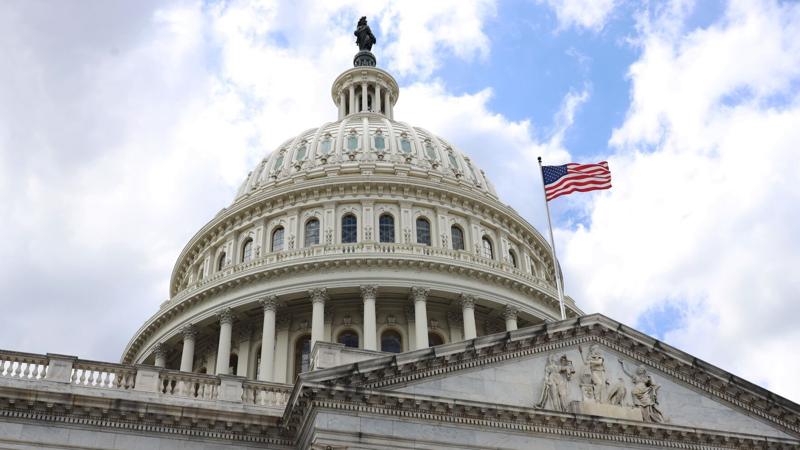A credit rating agency’s report on the upcoming presidential election noted that whoever wins must address tax and spending policies that contribute to the nation’s growing deficit.
Moody’s issued a report Wednesday on the potential credit risks from the upcoming presidential election. Among the concerns: Debt. The report noted that Vice President Kamala Harris or former President Donald Trump must contend with debt and deficit issues.
“The administration’s tax and spending policies will affect the size of future budget deficits and the expected decline in U.S. fiscal strength, which could have a significant effect on the U.S. sovereign credit profile,” the report warned.
The next president will take over the nation’s $35.2 trillion in debt.
“The incoming administration will face a deteriorating U.S. fiscal outlook, as declining debt affordability will gradually weaken U.S. fiscal strength,” according to the report. “In the absence of policy measures that can curb these trends and help limit fiscal deficits, deteriorating fiscal strength will increasingly weigh on the U.S. sovereign credit profile.”
Neither presidential candidate has laid out specific plans to address the national debt ahead of the Nov. 5 presidential election.
Moody’s isn’t alone is raising concerns about U.S. spending.
In March, the Congressional Budget Office projected the deficit would reach 8.5% of gross domestic product by 2054.
The International Monetary Fund warned in May the United States that government spending and increasing national debt were not sustainable and could hurt the global economy.
In February, a Congressional watchdog told President Joe Biden and Congress that the federal government was on an “unsustainable long-term fiscal path.”
Moody’s projected growing deficits without significant changes.
“We expect the federal government to run large fiscal deficits that average around 7% of GDP per year over the next five years and rise to nearly 9% by 2034, which would drive the debt burden to around 130% of GDP by 2034 from 97% in 2023,” the report noted.
The cost of servicing that debt will also grow.
“We expect federal interest payments relative to revenue and GDP to double to around 30% and 5% by 2034, respectively, from 14.8% and 2.4% in 2023,” according to the report.
No matter who wins the presidency, Moody’s expects Congress will extend Trump’s 2017 Tax Cuts and Jobs Act.
“Our forecasts assume that Congress will extend the 2017 Tax Cuts and Jobs Act given likely political resistance to an expiration in most postelection government scenarios,” according to the report.
Moody’s report on the U.S. elections said a one-party sweep could pose more credit challenges than a divided Congress.
“The balance of power in Congress will play a crucial role in the incoming administration’s ability to amend or introduce laws,” according to the report. “A divided Congress would likely hinder significant legislative achievements, leaving the administration to attempt smaller, sector-specific adjustments. Conversely, a sweep by either party could pave the way for substantial policy changes. Thus, credit effects post elections will depend on whether policies that necessitate legislative action are passed by Congress or enacted through executive orders by the president.”






